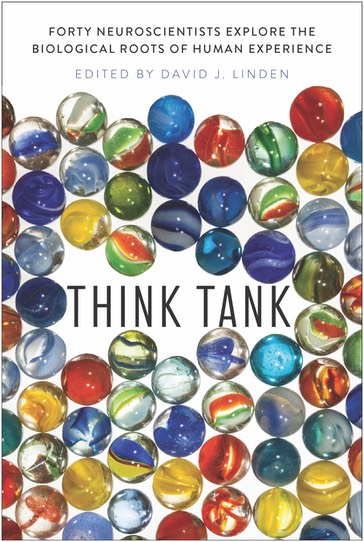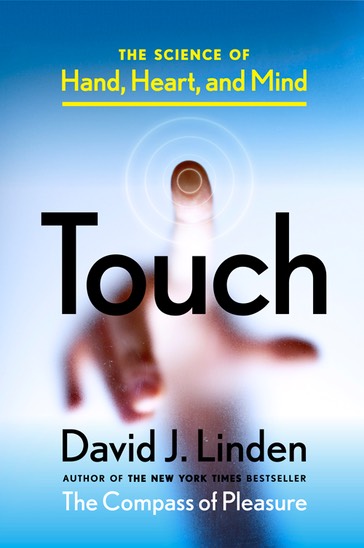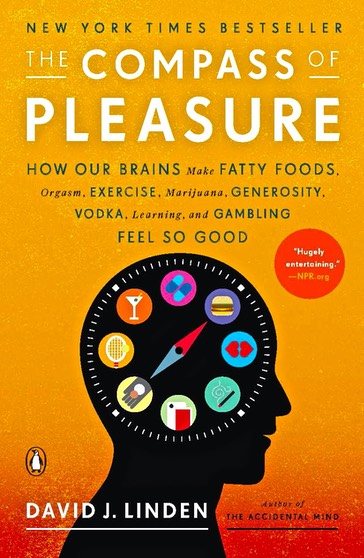“Touch: The Science of Hand, Heart and Mind" was released by Viking Press (USA and Canada) on January 29, 2015 and by Viking/Penguin (Commonwealth and UK) on March 5, 2015. It will also be published in Japanese by Kawade Shobo Shinsha, in Chinese (Simplified Characters) by Cheers Publishing, in Russian by Sindbad, in Romanian by Editura All , in Slovenian by UMco and in other languages yet to be determined.
You may order the USA/Canada version, in electronic, print or audiobook form, at online retailers including:


The UK / Commonwealth version may ordered here:
From skin to nerves to brain, our body’s touch circuits are a complex and often odd system that powerfully influences our lives, affecting everything from consumer choice and sexual behavior to tool use and the deep origins of language. Millions of years of evolution have endowed us with areas of the brain that are dedicated to processing touch signal; with a series of dedicated sensors and nerve fibers that predispose us to respond to a stimulus like a caress, but only if it’s administered at the proper velocity; with receptors in our skin that make mint feel cool and chili peppers hot. When we lift the hood of the brain, though, we discover there are actually two different systems for processing touch: one to extract basic sensory information, and another to register its particular emotional context. Without the latter, an orgasm would feel more like a sneeze—convulsive, but not especially compelling. Because of the latter, a gentle pat from a lover administered during an argument might feel as welcome as a spider crawling across your arm.
Touch is an engaging and fascinating examination of this critical interface between our bodies and the outside world, exploring every aspect of this remarkable sense: What is the relationship of touch to a wide range of psychiatric and physical conditions, such as obesity, type II diabetes and gastrointestinal diseases? Why can’t we read Braille with our genitals? Why do women have better fingertip detection of fine tactile form compared with men? What happens in the brain when an orgasm is faked? Why does a hot bath feel comforting on a cold day and unbearable on a sweltering day, even though the heat sensors in our skin are activated to the same level in both cases? Why can watching someone else scratch make us feel itchy? Why can’t we tickle ourselves?
As he demonstrated in this New York Times bestseller The Compass of Pleasure, David Linden is the rare scientist who can write with clarity and wit while drawing upon a broad and fascinating range of cutting-edge research. In Touch he brings those gifts to examining precisely how, literally and figuratively, we feel.



